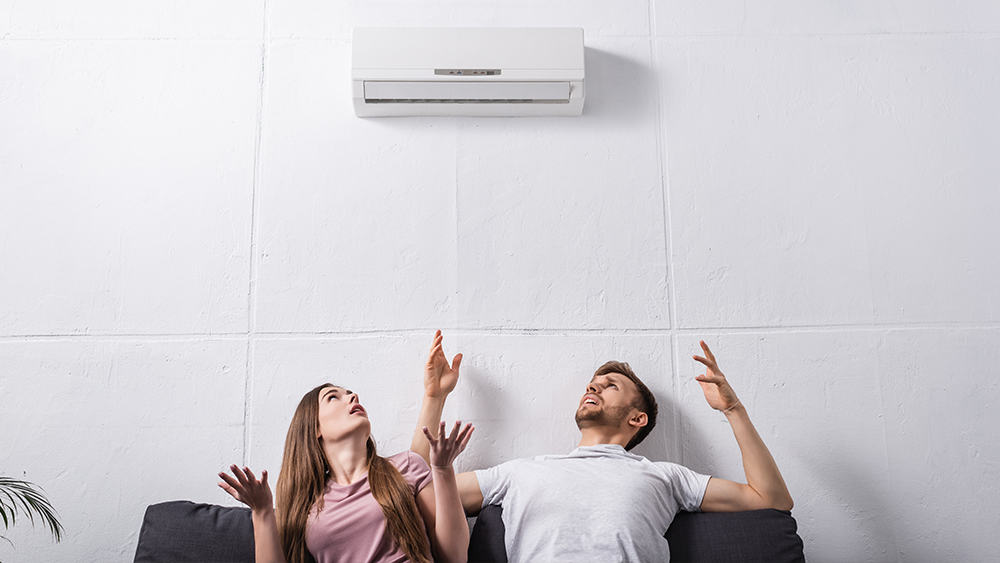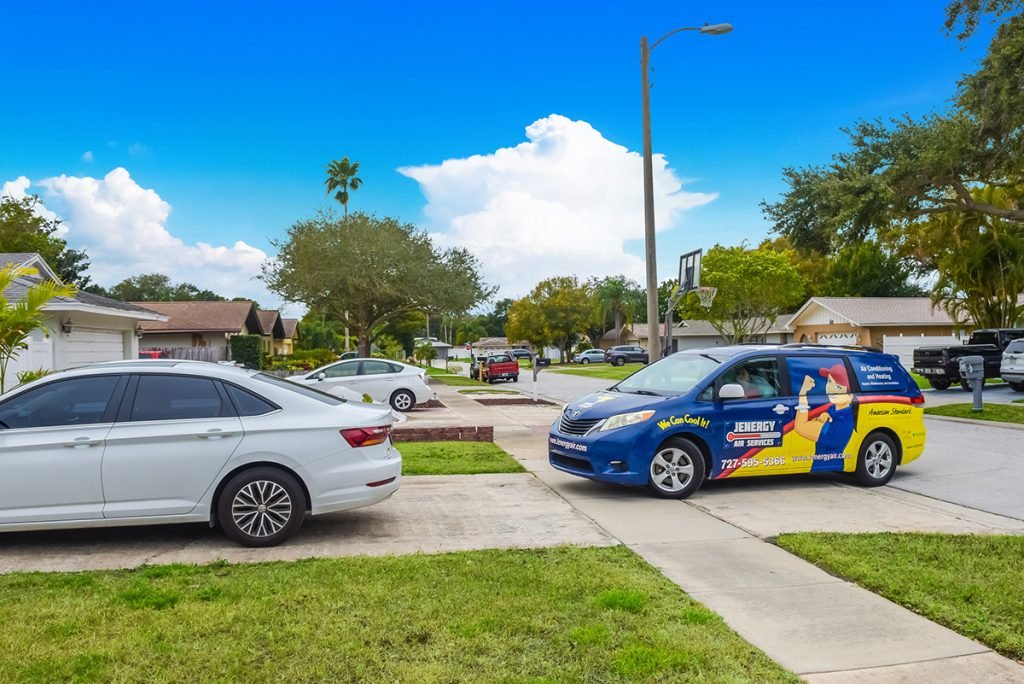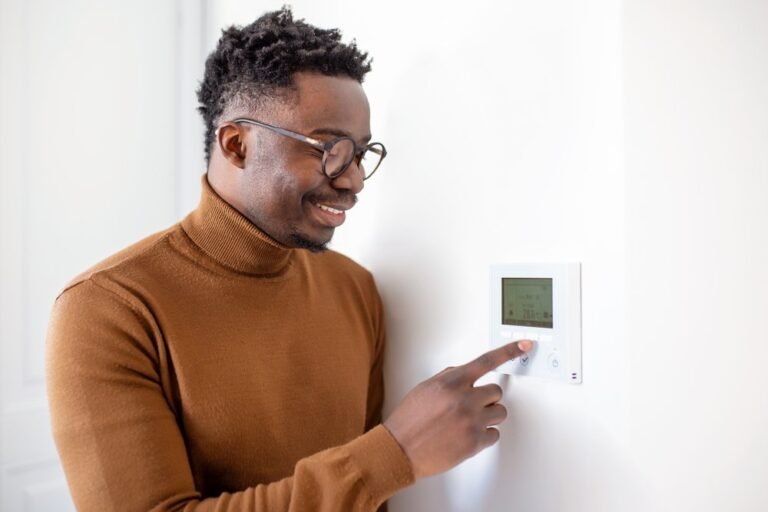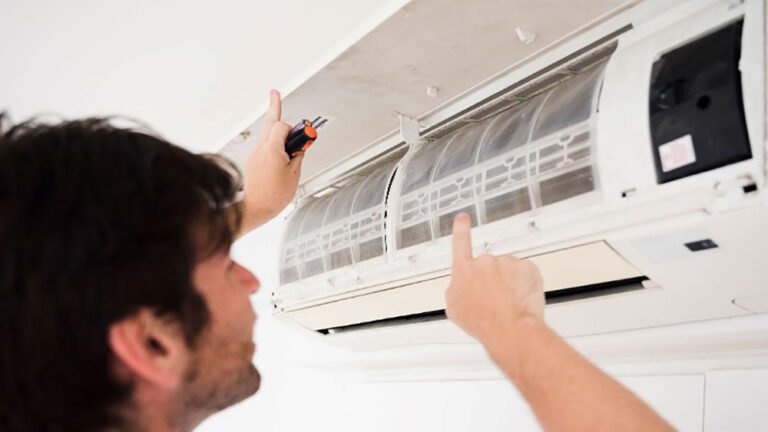Common Reasons AC Stops Working: Troubleshoot and Fix Fast
The common reasons why an AC stops working are low refrigerant levels and a malfunctioning thermostat. A malfunctioning thermostat can cause the AC to stop working, while low refrigerant levels can restrict the cooling capacity of the system.

Credit: cielowigle.com
Refrigerant Issues
Refrigerant issues are a common reason why the AC stops working. Low refrigerant levels can lead to reduced cooling capacity and poor performance. It is important to regularly check the refrigerant levels and ensure they are within the manufacturer’s recommended range. Identifying refrigerant issues is crucial to maintain the efficiency of the AC unit.
One of the major causes of refrigerant issues is refrigerant leaks. Over time, the refrigerant can leak out due to various reasons such as corrosion, faulty connections, or damaged components. Detecting a refrigerant leak can be challenging as the refrigerant is colorless and odorless. If you notice a significant drop in cooling performance or ice buildup on the AC unit, it might indicate a refrigerant leak.
To identify refrigerant issues, it is recommended to hire a professional HVAC technician who can conduct a thorough inspection. They will use specialized tools to detect leaks, check the refrigerant levels, and if necessary, recharge the system. Regular maintenance and prompt repairs can help prevent and address refrigerant issues, ensuring optimal performance and longevity of the AC unit.
Electrical Problems
When your AC stops working, electrical problems could be the culprit. Faulty wiring is a common issue that can disrupt the flow of electricity to your AC unit. If the wiring is damaged or frayed, it can prevent the unit from receiving the necessary power to function properly. Another electrical issue that may cause your AC to stop working is a tripped circuit breaker. This can happen if there is a power surge or if the circuit is overloaded. To rectify this problem, simply reset the breaker. Capacitor problems are also a common cause of AC malfunctions. The capacitor stores and releases electrical energy to help start the compressor. If the capacitor is defective or damaged, the AC may not turn on or may not cool the air efficiently. Consult a professional technician to diagnose and fix any electrical issues with your AC unit.
Mechanical Failures
There are several common reasons why your AC may stop working. One of the mechanical failures that can cause this issue is a frozen evaporator coil. When the evaporator coil freezes, it restricts the flow of air, resulting in reduced cooling and potential system shutdown. Another possible mechanical failure is a faulty compressor. The compressor is responsible for circulating the refrigerant and when it malfunctions, the AC may not turn on or cool the air properly. Additionally, dirty condenser coils can also lead to AC problems. When the condenser coils become dirty and clogged with debris, it hampers the heat exchange process and reduces the efficiency of your AC unit. Regular cleaning and maintenance of the coils can help prevent this issue.
Frequently Asked Questions Of Common Reasons Ac Stops Working
Why Is My Ac Not Cooling The Room?
There are several reasons why your AC may not be cooling the room. It could be due to a dirty air filter, low refrigerant levels, a malfunctioning compressor, or a problem with the thermostat. It’s best to contact a professional to diagnose and fix the issue.
What Should I Do If My Ac Is Blowing Warm Air?
If your AC is blowing warm air, check if the thermostat is set to the correct temperature. Make sure the air filter is clean and the vents are not blocked. If the problem persists, it could indicate a refrigerant leak or a faulty compressor.
Calling a professional AC technician is recommended.
How Often Should I Change My Ac Filter?
It is recommended to change your AC filter every 1-3 months, depending on factors such as the type of filter, the air quality in your area, and the usage of the AC unit. Regularly changing the filter helps maintain efficient airflow and improves indoor air quality.
Why Is My Ac Unit Freezing Up?
There are a few possible reasons why your AC unit is freezing up. It could be due to a dirty air filter, low refrigerant levels, a malfunctioning blower motor, or a problem with the thermostat. It’s important to address the issue promptly to prevent further damage to your unit.
Conclusion
After discussing the common reasons why AC stops working, it is evident that regular maintenance and timely repairs are crucial for keeping your cooling system running efficiently. Neglecting these tasks can lead to issues such as dirty filters, refrigerant leaks, faulty fans, or capacitor problems.
By following proper maintenance routines and addressing issues promptly, you can ensure the longevity and performance of your AC unit, keeping your home cool and comfortable throughout the year.






